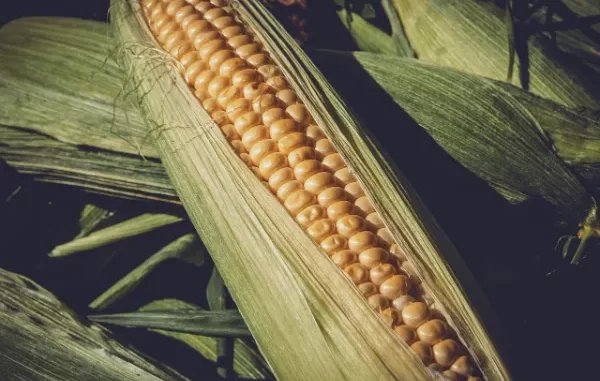
Corn is an ancient and well-loved cereal grain that is jam-packed with nutrients. It can be used in countless delicious ways when preparing meals. Whether it’s popcorn or cornbread, corn is a common food staple in many different cultures. Prepare to be amazed as we uncover some fun facts about corn, this incredible crop, from its rich history to its numerous health benefits.
The Fascinating History of Corn
Corn, also known as maize, is an ancient and highly productive crop that has a fascinating history spanning thousands of years and multiple continents.
The earliest evidence of corn cultivation dates back to around 7000 BC in Mexico. It is believed that the native people of Mexico were the first to domesticate this crop and used it as a staple food. The practice of cultivating corn quickly spread throughout North and Central America, and by the time Europeans arrived, Native American tribes were already growing it.
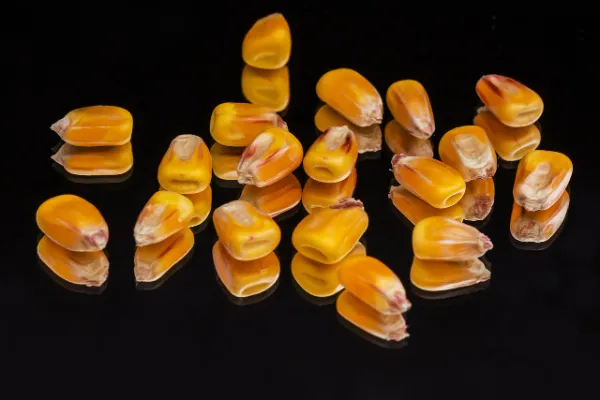
In the 16th century, Spanish explorers introduced corn to Europe, where it gained popularity. Europeans adopted corn as a dietary staple and also used it to feed their livestock. The popularity of corn continued to grow in Europe and eventually spread to other parts of the world.
Today, corn is one of the most widely cultivated crops globally. It serves as a vital food source for both humans and animals, and it is used to produce various food products. Additionally, corn is utilized in the production of ethanol, an alternative fuel source.
The history of corn is an intriguing story that demonstrates how a single crop can have a significant impact on the world. Its cultivation has spread worldwide and has become an integral part of many cultures. As we look ahead, it is clear that corn will continue to play a crucial role in our global food system.
Unbelievable Corn Uses Around the World
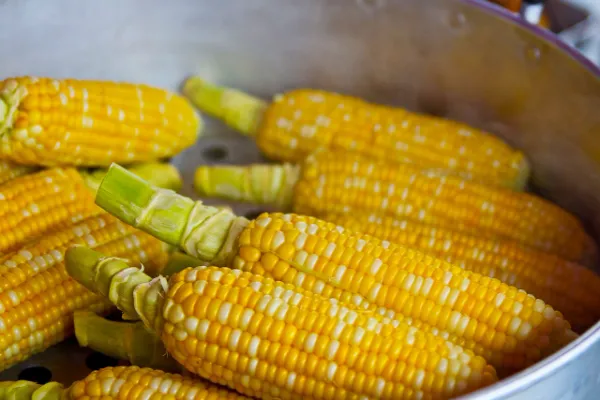
Corn, also known as maize, is an ancient and highly productive crop that has a fascinating history spanning thousands of years and multiple continents.
The earliest evidence of corn cultivation dates back to around 7000 BC in Mexico. It is believed that the native people of Mexico were the first to domesticate this crop and used it as a staple food. The practice of cultivating corn quickly spread throughout North and Central America, and by the time Europeans arrived, Native American tribes were already growing it.
In the 16th century, Spanish explorers introduced corn to Europe, where it gained popularity. Europeans adopted corn as a dietary staple and also used it to feed their livestock. The popularity of corn continued to grow in Europe and eventually spread to other parts of the world.
Today, corn is one of the most widely cultivated crops globally. It serves as a vital food source for both humans and animals, and it is used to produce various food products. Additionally, corn is utilized in the production of ethanol, an alternative fuel source.
The history of corn is an intriguing story that demonstrates how a single crop can have a significant impact on the world. Its cultivation has spread worldwide and has become an integral part of many cultures. As we look ahead, it is clear that corn will continue to play a crucial role in our global food system.
Amazing Health Benefits of Eating Corn
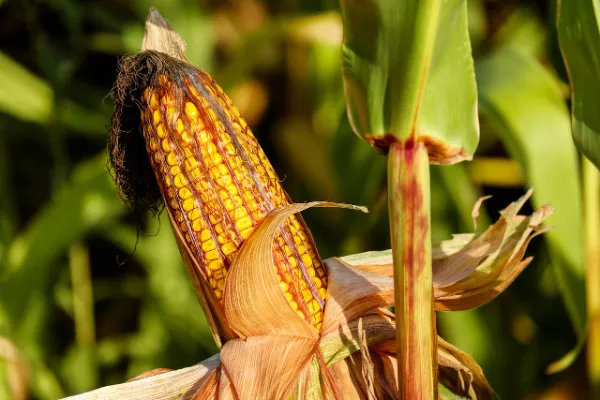
Corn is an amazing food that has been eaten by people all over the world for centuries. It is full of vitamins, minerals, and dietary fiber, making it really good for you. Let’s talk about all the great health benefits of eating corn.
One of the best things about corn is that it has a lot of dietary fiber. This helps keep your digestion healthy and controls your blood sugar levels. It also lowers your cholesterol and keeps your heart in good shape. Eating foods with lots of fiber can also help you feel full, which might help with managing your weight.
Another great thing about corn is that it has antioxidants. These are special things that protect your body from damage and stress. Corn has a lot of antioxidants called carotenoids, which can lower your chance of certain diseases.
Corn is also a good source of B-vitamins, which give you energy. They also help your brain work well, keep your metabolism steady, and boost your immune system.
Lastly, corn has important minerals like magnesium, zinc, and iron. These minerals do a lot of important jobs in your body, like reducing tiredness and helping your cells grow and fix themselves.
So, as you can see, eating corn is really good for you. It has lots of fiber, antioxidants, vitamins, and minerals that keep you healthy. Adding corn to your meals can help your digestion, blood sugar, and overall health.
Surprising Facts About Corn Genetics
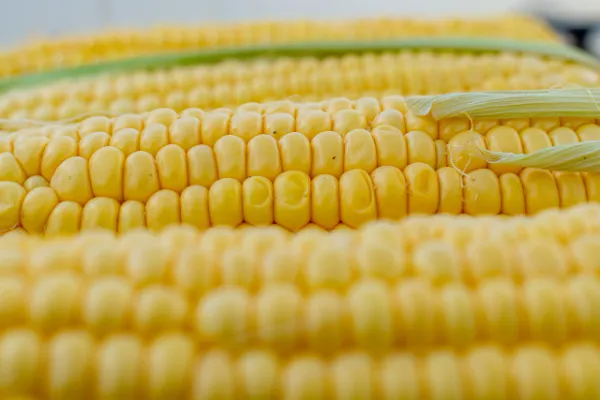
Corn, also known as Zea mays, is a type of grass that originates from Central America and has been cultivated for many centuries. It has played a significant role in human diets worldwide. Despite its long history, corn remains a plant with many mysteries surrounding its genetics. Here are some intriguing facts about corn genetics.
Firstly, corn is considered a polyploid crop, meaning it possesses multiple sets of chromosomes. This is a result of the hybridization process, in which two different species are crossbred to produce a new hybrid with desirable traits. In comparison to other plants, corn has three times the amount of DNA.
Secondly, corn has an exceptionally large genome. With over 2.3 billion base pairs of DNA, it holds the record for having the largest known plant genome. This complexity presents challenges in studying corn genetics; however, it also offers insights into the plant’s evolution and adaptation.
Surprisingly, corn showcases remarkable genetic diversity. While most crops typically have only a few major gene pools, corn possesses numerous gene pools that have adapted to various environments. This genetic diversity is crucial for enhancing the crop’s resistance against diseases and pests.
Lastly, corn is one of the few crops whose genome has been fully sequenced. This breakthrough allowed scientists to identify genetic markers associated with traits such as drought resistance and disease resistance. This valuable information is currently being utilized to develop improved corn varieties.
These facts illustrate the intricate nature of corn genetics and emphasize the importance of this crop in human nutrition. As scientists continue to delve into the study of corn genetics, undoubtedly more fascinating discoveries will be uncovered.
Uncovering the Mysteries of Corn Cultivation
Corn is important and iconic. It has been cultivated for centuries. But there are mysteries surrounding its cultivation. We’ll explore these mysteries. How was corn first domesticated? It happened in Central America 8,700 years ago. It was more complex than domesticating other crops. How did corn spread? The Spanish brought it to Europe, but we don’t know how it reached other parts of the world. Native Americans may have been involved.
How has corn evolved? It has been bred and modified in many ways. Size, shape, color, and resistance to pests. Corn has been part of human civilization for thousands of years. It’s been an essential food source and a cultural symbol. We’re still discovering its secrets. Corn is nutritious. It has been part of human diets for centuries. It’s important to many cultures. Corn provides food for people and animals. Its importance in our diets will remain strong.

Leave a Reply